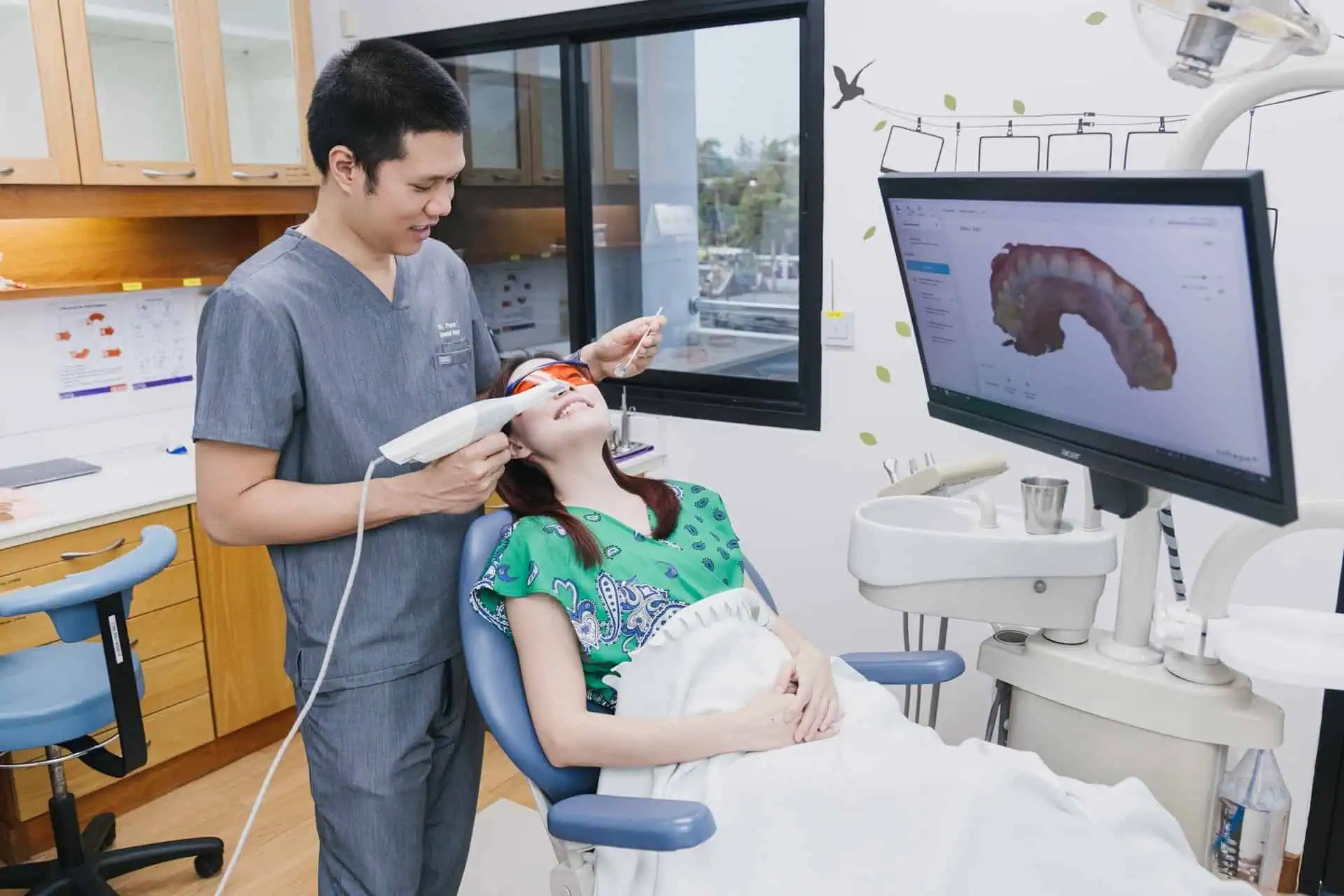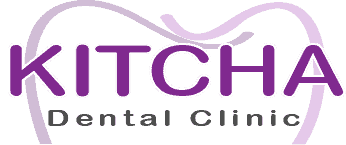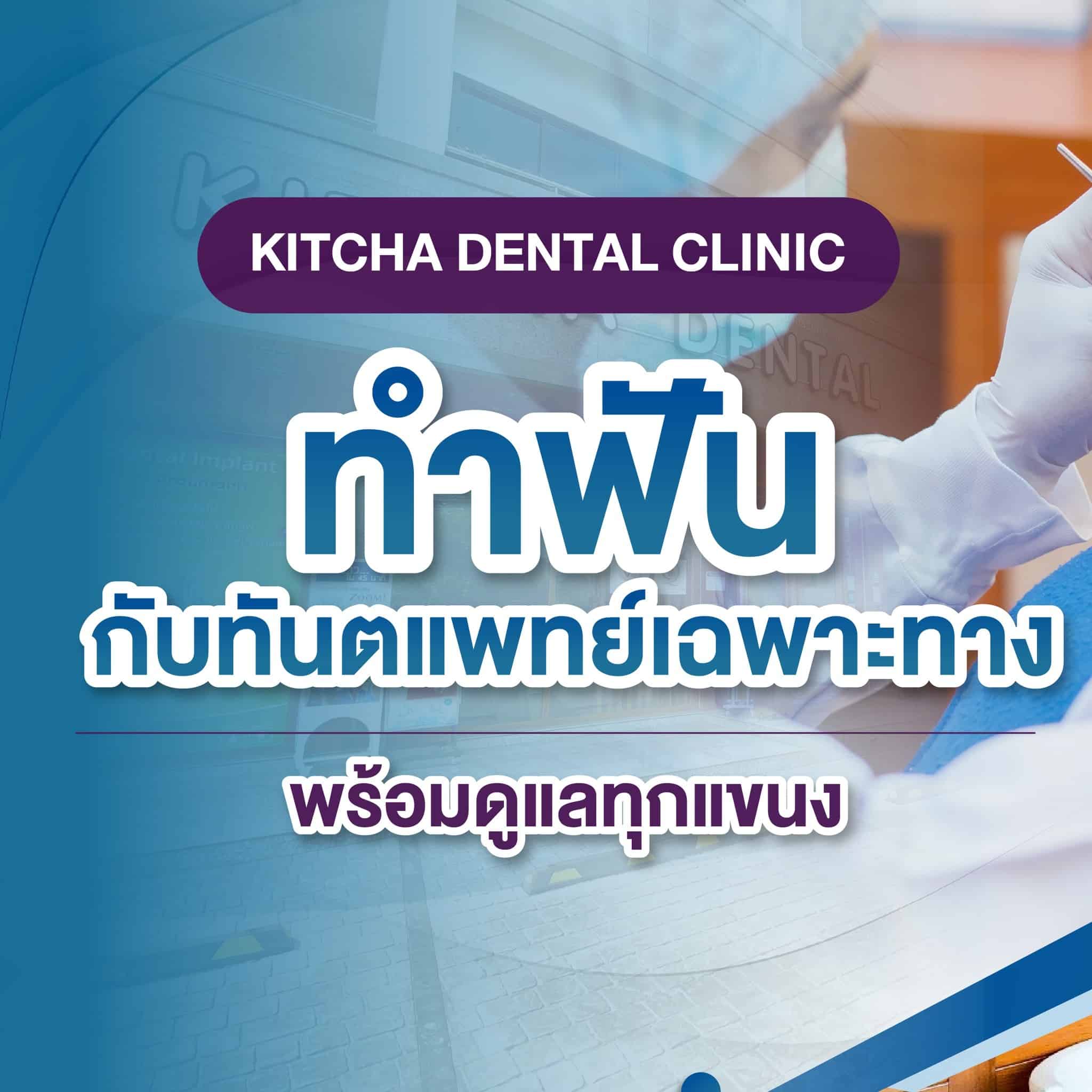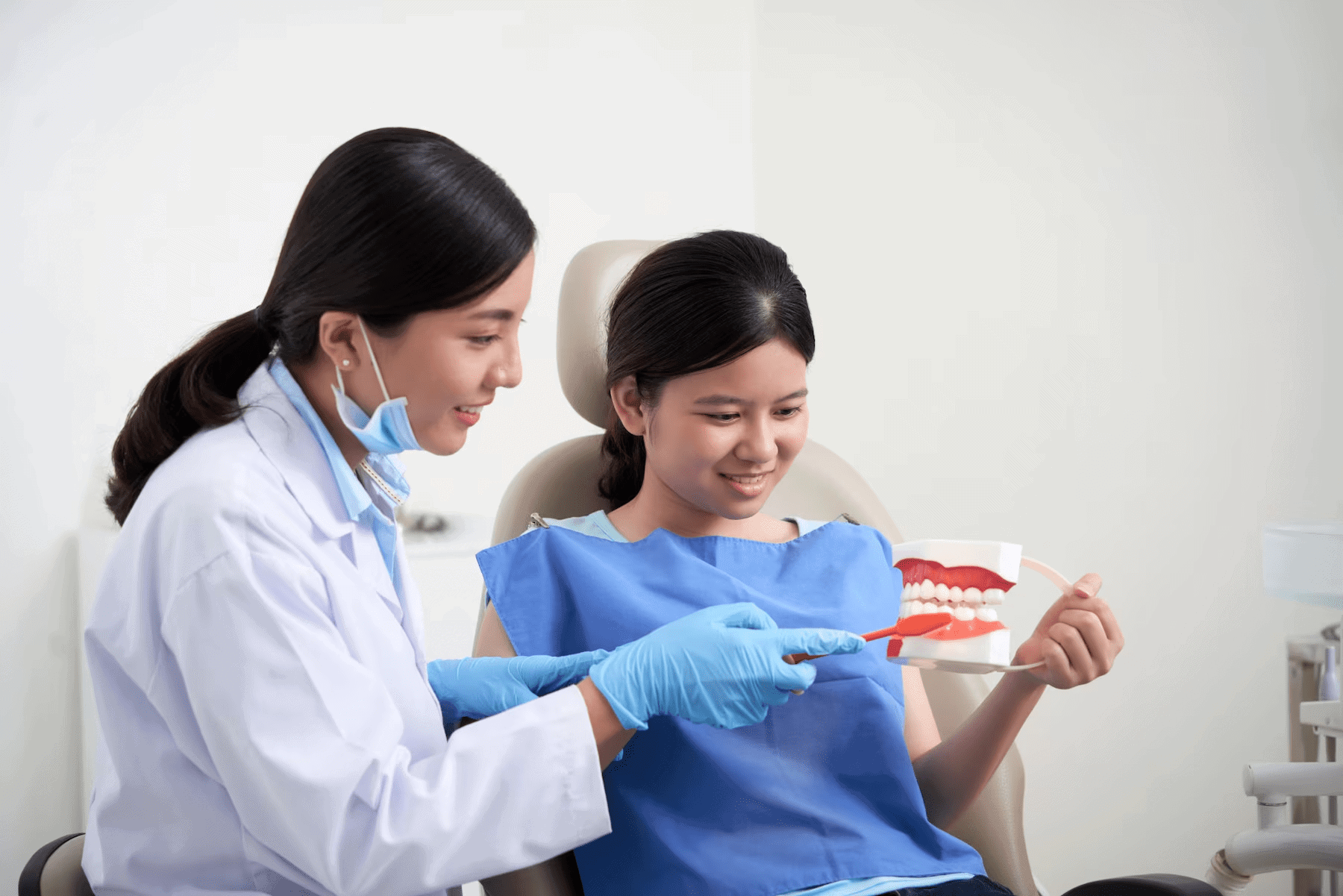
Dental Crown
Dental Crown, Restore Your Tooth. Stronger Protection. Natural look. Porcelain fused to Metal (PFM) Crowns. All Ceramic Crowns.
Crowns
Dental crown also is known as dental cap that encases damaged or severely chipped teeth. Unlike dental veneers that cover only the front side of teeth, crowns cover the entire surface of your tooth. It is commonly used in tooth restoration.
Benefits of Tooth Crown
Crowns can be used to resolve a variety of dental crowns. Crowns looks like natural teeth and you are able to specify with your dentist the shape, size and color shades. Benefits of crowns include:
- for teeth with large cavities, crowns act as overlays for large filings
- restores fractured, damaged or cracked teeth
- crowns are false teeth fitted above dental implant post
- used in rehabilitation cases to rebuild worn-down teeth
- improves appearance of your teeth and can help straighten mildly mis-aligned teeth for cases that do not want to undergo orthodontic braces
- re-shape uneven or mishap teeth
- protect a weaken tooth that has large decay or after root canal treatment from breakage
- cover severely discolored teeth that porcelain veneers may not sufficiently cover such as in severe dental fluorosis
Crowns are also used to form dental bridges to replace missing gaps. After crowns are done, they will need to be taken care simliar to your natural teeth.
Restorative Dental Clinic
Kitcha Dental Clinic has an on-site digital dental laborotory for porcelain and ceramic crowns utilized CAD/CAM system technology for quick, safe and a more accurate teeth works on ceramic crowns. Our cosmetic dental center uses digital dentistry and advanced technologies to customized your crown.

Digital Smile Design
Top leading DSD Master Expert

On-site Dental Lab
Lab Technican & Digital Dentistry
Award-winning Dental Aesthetic Center
International visitors and our patients have chosen Kitcha dental hospital for the crowns dental treatments and smile makeover as it is a leading dental aesthetic provider in the Asia Pacific region.
- Thailand’s top prosthodontists and cosmetic dentists who are master experts in their field and lecturers to other dental specialists
- On-site digital dental lab with skilled lab technician for faster treatment and aesthetic crowns works
- Uses digital dentistry technologies for customized post treatment results in meeting expectation and less invasive treatment due to better precision
- Authorized IPS Empress dental provider using quality-based crowns material for durability, strength and natural-looking teeth
Type Of Dental Crowns
There are basically several types of dental crowns materials:
- Stainless Steel and Metal Crowns : these crowns are made from metal alloys that Kitcha rarely uses due to aesthetics and metal contents
- Porcelain-fused-to Metal Crowns (PFM) : made of porcelain on the outer surface and metal alloy on the inner surface. Sometimes know as metal ceramic crowns.
- All Ceramic Crowns : most commonly done, all ceramic crowns provide a natural look and does not have the issue of oxidization causing black margins over the long term
- Composite Crowns : made from composite resin, these are normally used as temporary crowns.
PFM and all ceramic crowns are made at the dental laboratory. With advancements in ceramics, such as zirconia, all ceramic crowns are strong and stain resistant. Below is the steps on the dental crowns process. The type of crown material chose determines your dental crown costs.
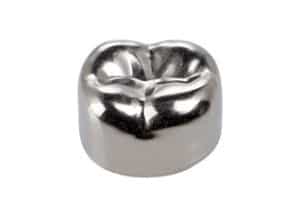
Metal Crown

Ceramic Crown

Gold Crown

PFM crown
TOOTH CROWN PROCEDURE

Treatment Planning

Tooth Prep & Labwork
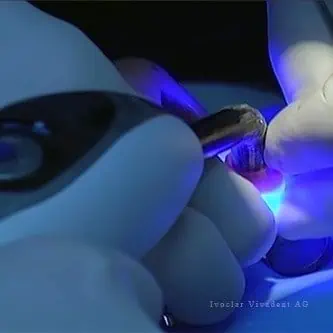
Bond Crown on Teeth
1. Treatment Plan & Diagnoses
Your dentist does a diagnose on oral condition and required crown treatment plan. Your prosthodontist may take x-rays to check the tooth root and bone. If there is extensive decay, infection or injury to the pulp of the tooth, a root canal treatment may first be performed prior to the start of dental crown.
For full mouth or full jaw rehabilitation cases and aesthetic cases, a possible study model or wax up impressions may also be taken.
2. Tooth Preparation for Crowns
After discussing on crown material and confirming your treatment plan, your teeth is preped for crowns. The tooth receiving the crown may be filed to make room for the crown or built up to fill missing tooth structure to support the crown.
After tooth reshaping, your prosthodontist make a tooth impression either through moulds or with a digital intraoral scanner.
The model impression or scan of your teeth is sent out to the dental laboratory that builds and fabricates your new crowns. For PFM and porcelain crown, the shade that matches your surrounding teeth is selected. A temporary crown is placed over the prepared tooth to cover and protect your tooth whilst waiting for the dental lab to delivery the crowns.
3. Crowns Bonding
When your tooth crown is ready, your dentist remove the temporary crown and places the crown to check the color and fit. The porcelain crowns may be adjusted at chairside by your prosthodontist to achieve required specification.
If everything is confirmed, the crown is permanently glued onto the tooth. A special cement is applied to attach the crown and cured securely by light into place. Your occlusion bite checked and final adjustments made to ensure a comfortable and proper fit. Your dentists instructs you on the care of your dental crown.
Crowns Post Care Instuctions
Dental crown cost varies with the material chosen. There are 3 basic types of materials used in crowns:
- Metal Crowns : compose of standard alloys or full gold
- PFM Crowns : has an outer porcelain shell surface simliar to natural teeth with internal metal structure that caps over existing tooth
- All Ceramic crowns : composes only of porcelain and is non-metallic. There are different types of ceramics, zirconia ceramic being one of the current strongest material type.
Standard metal alloy without gold are the basic materal and normally the most economical option. PFM crowns or porcelain fused to metal alloy crowns has an outer porcelain shell but its internal structure is made of metal alloy, typically combined with gold, in attain both aesthetics and strength. PFM dental crown cost increases with the amount of gold alloy used. The higher amount of gold, the higher the cost of your crown. In Thailand, at Kitcha dental clinic, PFM standard alloy crown cost starts at THB10,000 (estimated USD$315 per tooth) ranging upwards with the amount of gold toTHB20,000 (estimated USD$624 per tooth).
Nowadays, all ceramic crowns is the preferred material for dental crowns. An all ceramic tooth crown price is around THB18,000 (estimated USD$565 per tooth) and provides for good aesthetics without the issue of long term gum-margin stains that PFM standard alloy crowns may cause over the long run. Consult with our prosthodontist when decide on which crown material is best suited for you.
Dental Crown Faqs
What are my cracked tooth treatment options?
Depending on how your tooth has cracked, teeth can be repaired by dental bonding or simply re-attaching the broken porcelain piece. If teeth has been more severly cracked, you may need a crown or root canal treatment to fix your tooth. Visit your dentist as soon as possible after injury to determine what should be the treatment option for your chipped tooth to prevent it from deteriorating in condition.
Is having a dental cap painful?
When your tooth is being preped for a crown, your dentist may administer local anesthesia to numb the area, so you do not feel pain during the procedure. After treatment when the anesthesia has worn off, you may sometime feel some sensitivity with the temporary crown or some soreness in the gums. The pain is normally minimal and does decrease over time. If you are bothered by the pain, you are able to take pain relieve medication by asking your dentist.
Is there any difference between front tooth crown to a molar crown?
Having front tooth crown done follows the same procedure as a molar crown. The only difference point of consideration between a front and molar crown is that your prosthodontist may request a stronger crown materials or composition for posterior teeth due to heavier back bite. This may thus affect the crown costs. Consult and discuss with you the most suited crown material for your case.
What is dental fluorosis? And what are the dental flurosis treatment?
Fluorosis is caused by overexposure to fluoride when you are still a child when permanent teeth are being formed. Dental flurosis may identified with white markings, stains ranging from yellow to dark brown or surface irregularities.
Although fluorosis can be cosmetically treated, the condition is permanent. Dental fluorosis treatment options varies on its severity ranging from:
1. For mild cases : calcium phosphate toothpaste can sometimes help to minimize tooth discoloration
2. For moderate cases : porcelain veneers, composite veneers and dental bonding may be done to covers the front surface of teeth to improve their appearance
3. For severe cases : teeth whitening followed by veneers or crowns may be recommended
Ask our cosmetic dentist by emailing us any photos of your condition who can then advise on treatment options.
Summary
